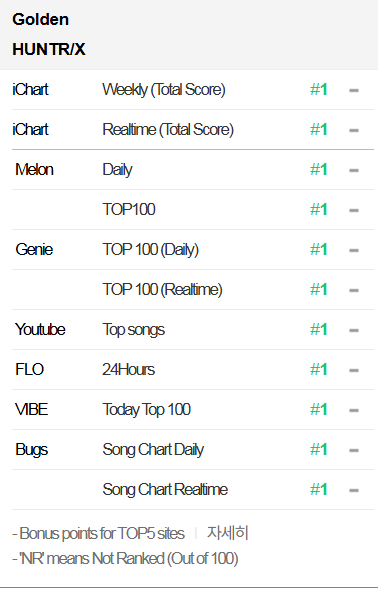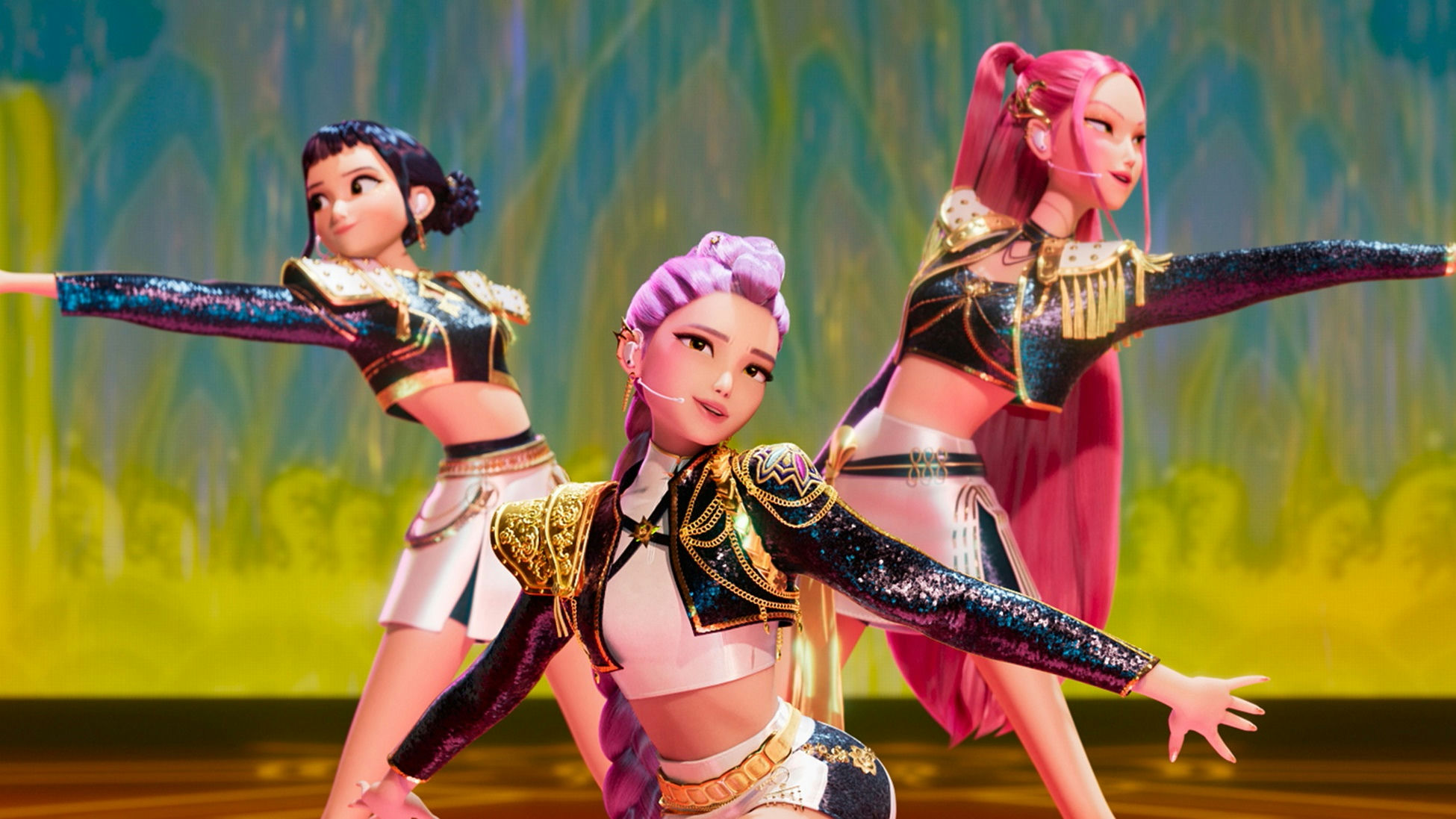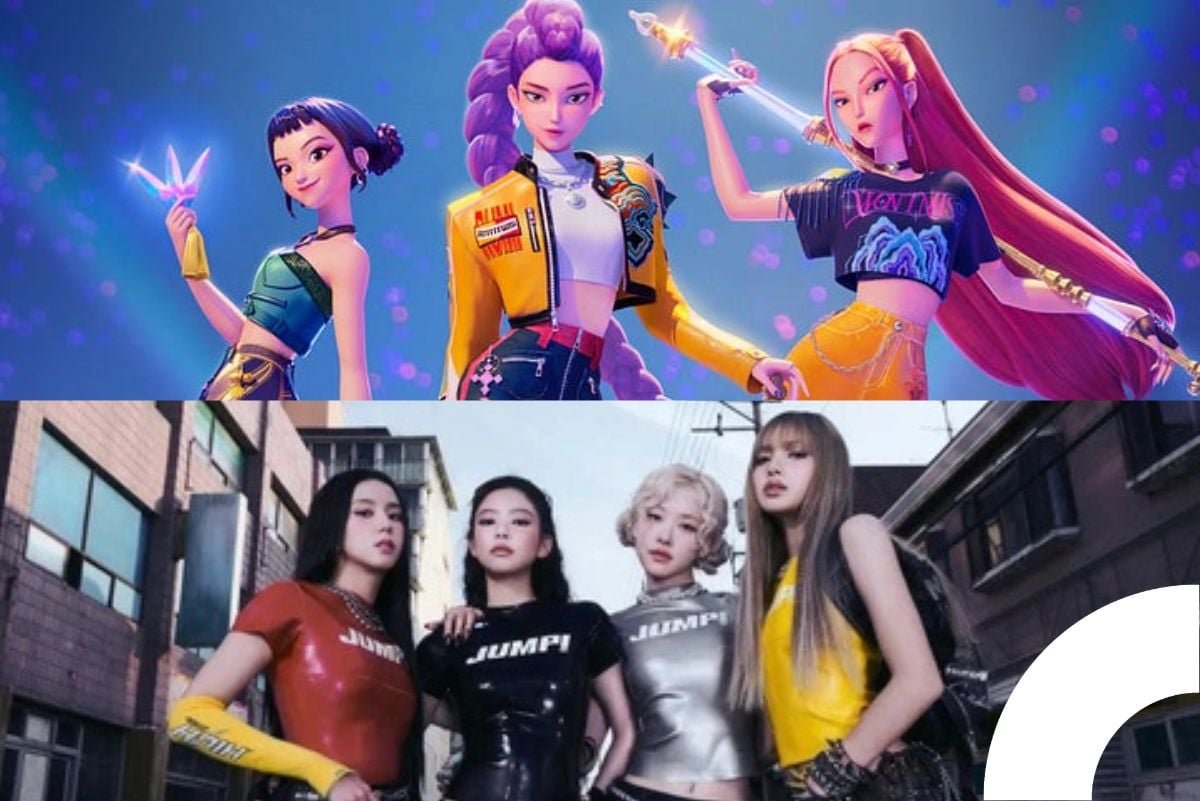In a turn of events no one saw coming, Golden by the fictional girl group HUNTR/X has emerged as one of the biggest K-pop hits of the decade — and it’s raising serious questions about the industry’s current state.
As of 2 PM KST on August 6, Golden has achieved a staggering 539 hours of Perfect All Kill (PAK), placing it among the top three longest-running PAKs in K-pop history. The track now stands beside legendary hits like BTS’s “Dynamite” (610 hours) and NewJeans’ “Ditto” (655 hours).

What’s shocking is that HUNTR/X doesn’t exist in real life. The group is part of K-pop Demon Hunters, an animated film produced by Netflix and Sony Pictures Animation. The fictional trio — Rumi (main vocalist), Mira (main dancer), and Zoey (rapper-songwriter) — are demon-fighting idols by night and stage queens by day. Their breakout song Golden was released alongside the movie, and unexpectedly, it took the real-world charts by storm.


The track has topped Spotify Global, dominated the Billboard 200, and is projected to hit #1 on the Billboard Hot 100, all while holding down four weeks at #1 on both the Global K-pop Circle Chart and Melon Weekly Chart.
But instead of celebration, this unprecedented success has ignited criticism and self-reflection within the K-pop world. Fans and insiders are questioning: Has K-pop hit rock bottom when a fictional group outshines real idols?
Despite a packed 2025 release schedule, no current act — not even BLACKPINK, IVE, LE SSERAFIM, or aespa — has delivered a hit with the same cultural impact or longevity. BTS remains inactive as members fulfill military service, and BLACKPINK’s recent comeback has been described as rushed and uninspired.


Meanwhile, aespa is under fire for straying too far from their original sound, and newer groups, while consistent, lack iconic moments. Even high-profile returns by G-Dragon and Jennie failed to sustain public interest.
This creative lull has opened the door for Golden to explode — a track praised for its fresh production, cinematic concept, and emotional resonance. Yet the fact that a fictional group from an animated movie is now the face of K-pop’s biggest hit in 2025 has left many wondering if the genre has become self-parody.

Industry insiders warn that K-pop’s increasing obsession with U.S. marketability may be backfiring, leading to a neglect of innovation and domestic appeal. As Golden continues its reign, the irony is not lost on fans who now say — perhaps with some sadness — that K-pop has become a joke.
Sources: K14

